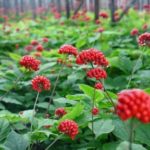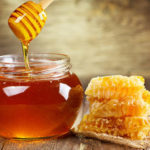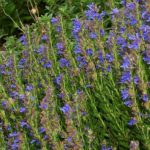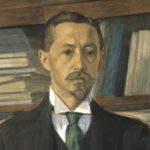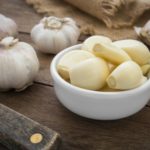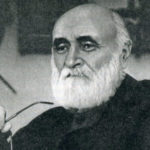18 interesting facts about ivan tea
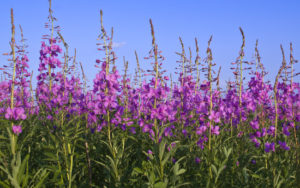 The drink, called Ivan tea, is extremely beneficial for the body, and people have known about its properties since ancient times. It is a fireweed, a plant that is also notable for the fact that in its summer bees collect amazingly delicious honey from its flowers. In recent years, the popularity of Ivan-tea continues to grow, and, most likely, it will become more and more in demand.
The drink, called Ivan tea, is extremely beneficial for the body, and people have known about its properties since ancient times. It is a fireweed, a plant that is also notable for the fact that in its summer bees collect amazingly delicious honey from its flowers. In recent years, the popularity of Ivan-tea continues to grow, and, most likely, it will become more and more in demand.
The scientific name of the plant from which it is prepared is narrow-leaved fireweed.
The famous physician Pyotr Badmaev, who devoted many years to studying the properties of fireweed and regularly used ivan tea, lived, according to popular rumor, for a hundred and ten years.
During the reign of Peter I, Ivan tea was very popular abroad. He was actively exported from Russia, and his trade significantly replenished the state treasury.
At the beginning of World War II, experiments were carried out in the village of Koporye to create healing drinks based on Ivan tea. Hitler was so afraid that they would be successful that he even diverted part of his troops from besieged Leningrad in order to destroy Koporye.
Fireweed grows up to 2 meters in height, and its rhizomes burrow a meter underground.
In Russia, it was believed that Ivan-tea can cope with almost any ailment. This, of course, is not so, but this drink is really very useful.
It contains about 70 useful elements
Ivan tea can be brewed 3-5 times without loss of taste and useful properties.
The fruits of narrow-leaved fireweed are oblong capsules, each of which contains up to 20 thousand seeds covered with fluff.
Ivan-tea seeds can germinate even if they lie on the surface of the soil for several years.
Once in Russia, flour was made from the roots of this plant, previously dried. They were also eaten raw.
From the fluff of fireweed in the villages used to be spun fabric.
Brewed Ivan-tea can be safely stored in the refrigerator for several days.
Ivan tea has anti-inflammatory and antibacterial effects. It also stimulates the immune system.
Excessive consumption of willow tea can cause diarrhea and other troubles.
It contains more ascorbic acid than in lemon.
In old literature, narrow-leaved fireweed is sometimes found under the name of “placoon.” It is also sometimes called Koporye, by the name of the aforementioned village of Koporye.
Young leaves and shoots of Ivan-tea are sometimes used as salad ingredients.







